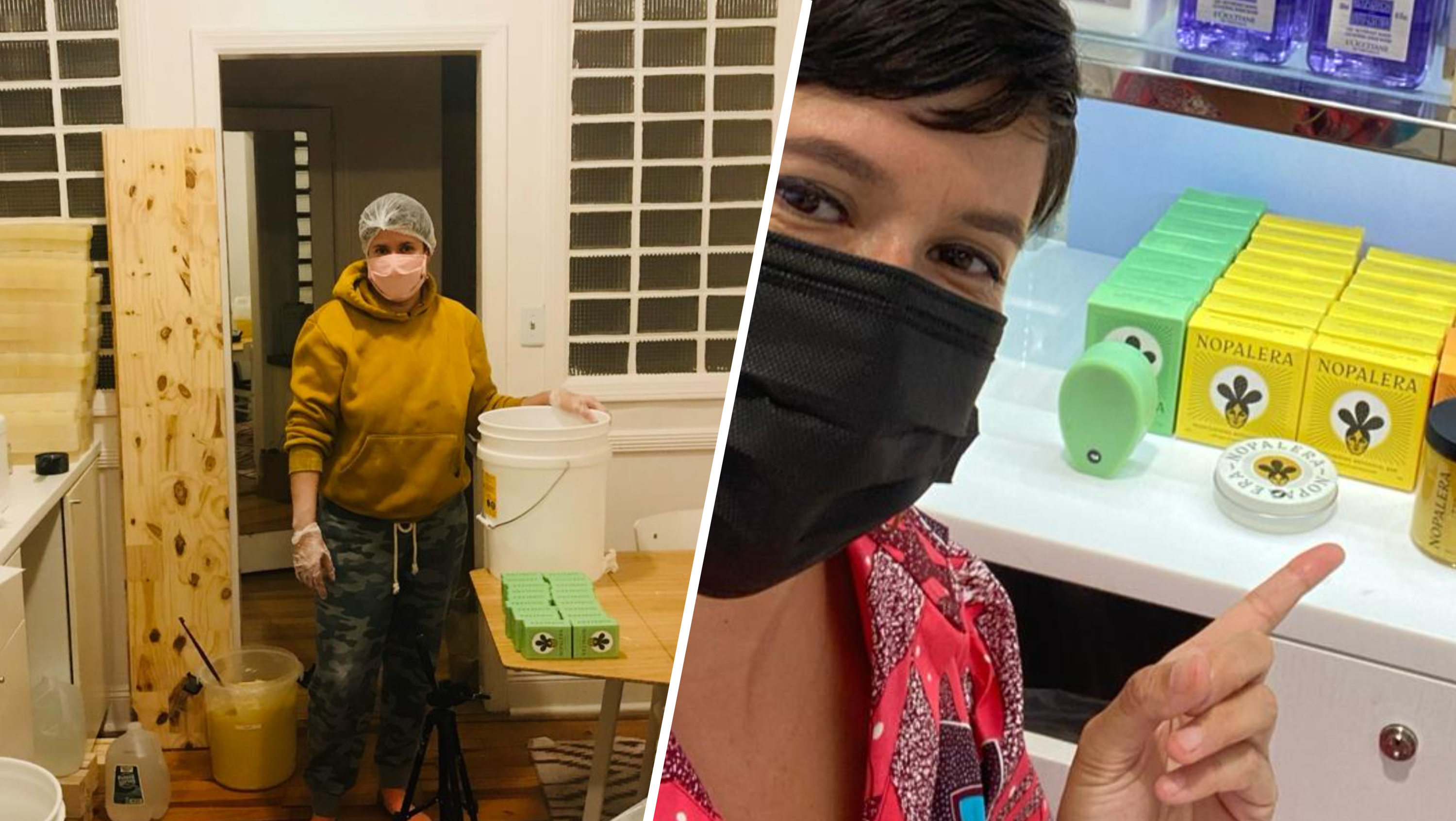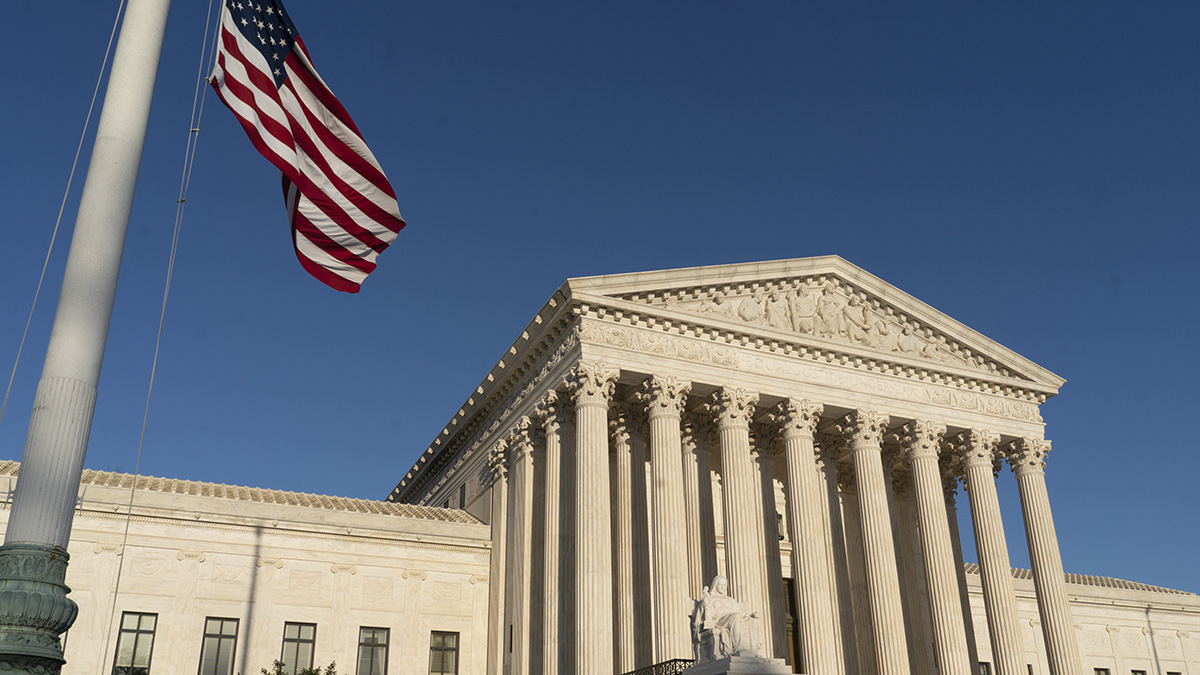More than 120 children may have received too much laughing gas during recent procedures at a University of Iowa dental clinic, the school said Monday.
Patients who received treatment at the school's pediatric dentistry clinic in Iowa City between March 1 and April 20 have an "extremely small risk" of suffering any long-term health effects, the school said.
Associate dean for patient care Michael Kanellis said the university is unaware of what any long-term effects would be but wanted to be "very cautious and proactive" in the interest of patient safety. To that end, the dental school said that it was notifying affected families so that they could seek the appropriate evaluation and treatment, if necessary.
The university said the patients were given higher than intended amounts of nitrous oxide, which is known as laughing gas and is commonly used in dentistry as an anesthetic. The chemical is mixed with oxygen in an automated machine and then inhaled by patients, quickly sedating them.
During a recent remodeling of the clinic, a contract worker installing the nitrous oxide system accidentally switched the tubes carrying nitrous oxide and oxygen, the university said. A supervisor who inspected the installation didn't catch the error.
The American Academy of Pediatric Dentistry says the gas should be used on children who are anxious, have gag reflexes or are undergoing lengthy procedures. Most patients can achieve ideal sedation with a solution containing 30 to 40 percent nitrous oxide. All should be given 100 percent oxygen for five minutes once the flow is terminated to help flush the gas from the lungs and return the patient to an alert state, its guidelines say.
The most common side effects are nausea, vomiting and headaches.
U.S. & World
The day's top national and international news.
In letters sent to affected families last week, the university urged them to call with any questions and promised to "arrange for follow-up care if needed."
"We regret that any patient within our care could possibly be affected by this situation and we apologize for any concern it causes you and your family," the letter said. "We are absolutely committed to making sure you have the information and care you and your child need."
The clinic opened March 1 and then discovered the problem April 20, halting the use of nitrous oxide and taking steps to correct it.
The system has since been certified as safe and no other university dental clinics were affected.



